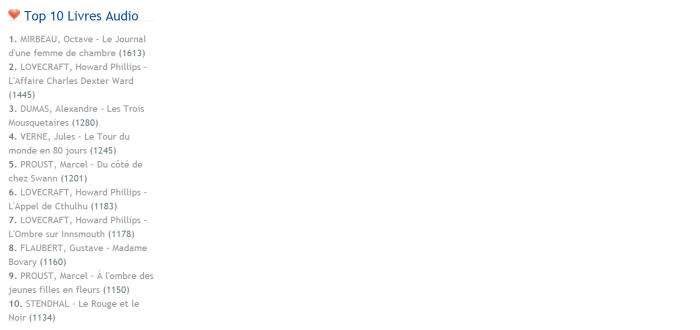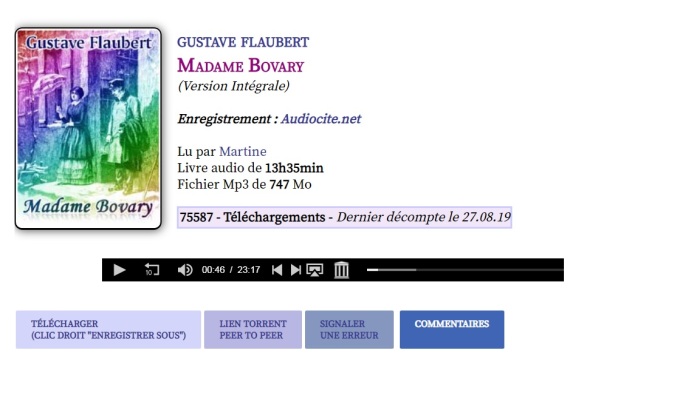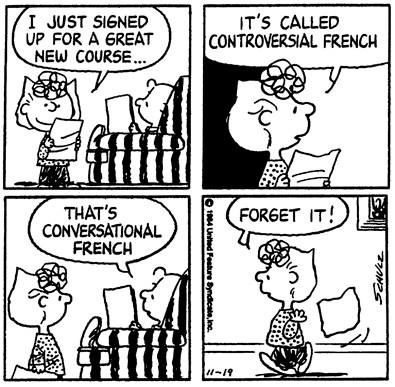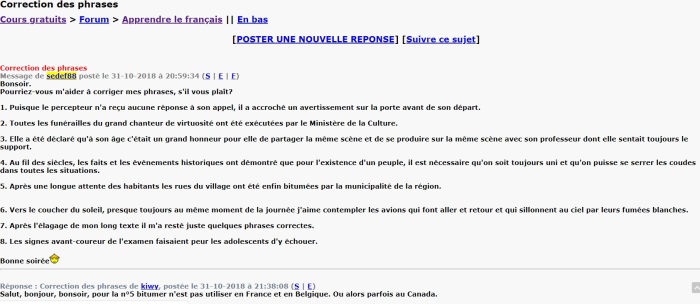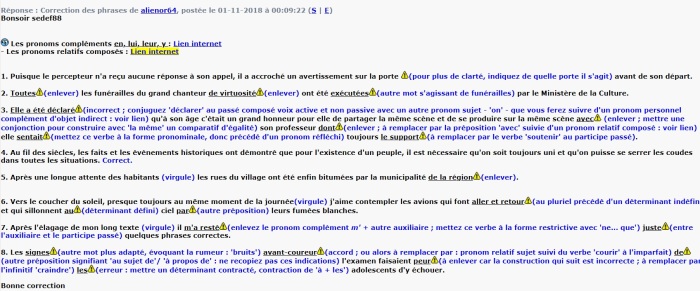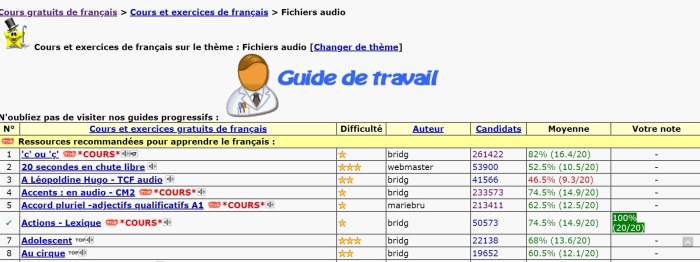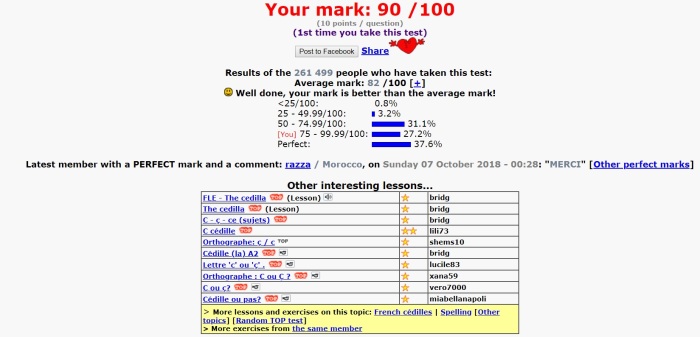The Truth About the Harry Quebert Affair
La Vérité sur l’Affaire Harry Quebert
I’ve now read 40 pages of this ludicrously long book. I’ve been reading it in French. These are the truths.
(1) Assuming that it should have been published in the first place, it is nonetheless perhaps hundreds of pages too long. Every single notion is repeated ad nauseum. There is not one idea stated once that isn’t repeated a dozen times. In a row. Just like that. The book should be much shorter. It’s too long. It repeats things to the point of insult. Oh, let’s go further than that. Its use of repetition adds injury to insult. I could keep repeating myself here in slightly different ways, but I hope you get the picture. Too. Offensively. Long. By far.
(2) Fabulously badly written. After going to see Hobbit 3, I wrote:
I had no idea that Tolkien was such a great writer. The line where the dwarf dude says to the kungfu-elf-chick ‘You make me feel so alive’. And where she says in a marvellously anguished way about love ‘It hurts so much’. That I could think up such lines.
The Truth about Harry is like that for 670 pages. So, yeah. If you thought that the dialogue in Hobbit 3 was pushing the boundaries of literature as we know it, then absolutely this book is for you.
(3) The book is B1 standard. Seriously. A 670 page novel has been written in French which is B1. Theoretically B1 can be challenging. Camus’s The Outsider is supposedly B1, but I’m still finding it painful to read because it is sparing in its use of words and the ideas expressed by the words are not easy. The Truth about Harry, on the other hand, because it spells everything out over and over, leaves the reader in no doubt. Even a bad reader. Even, I imagine, the very worst reader in the entire world ever.
(4) I’ve had my suspicions about the literary taste of the French since discovering how much they like Eliot Perlman. But their admiration of Truth about Harry is way beyond a joke. It was awarded their highest literary prize. The mind boggles, I have to say. Does it reflect their ignorance of American literature (this book claims to be an American Novel in French, whatever that is), or the dire state of French literature. There isn’t a good answer.
(5) And yet presumably many people like the book, it’s a big seller, translated into many languages; apparently there is a film on the horizon. I can only assume that the secret is that Dicker has managed to make a book which is defined as being for adults, not children, but which is even simpler than a lot of YA adults rely on for their reading material. I’m guessing, I admit it. Whereas prior to this book, adults who couldn’t cope with proper novels had to read YA, now there is something entirely new available to them. Extremely simplistic books marketed to adults, not children. How very interesting. At the same time, it won a French award in which school kids vote for the book they think is best, so although I don’t think it is marketed to children, clearly they recognise their level when they see it.
Who should read this? If you are a B1 French reader and need to read something that encourages you to feel like you must be okay, this is the book for you. I certainly don’t know every word, but trust me, you don’t need to. I sit there with a dictionary in hand because it’s my wont, but I doubt that there is a paragraph in the book of which I would not have an adequate, if not good, understanding, without looking up words. But I find myself stymied now. Camus is too hard. The problem with this one, on the other hand, isn’t its simplicity but that it is too patronising and takes tedium to a new level. Simplicity does not have to be boring. Even at my really bad level of French I am not incompetent enough to deserve this constant heavy handed spelling out of everything. In case you are wondering, yes, the characters are cardboard. I don’t know if the author thinks that this is the case in the American Novels he apparently admires.
The patronisation isn’t just about making sure you get the storyline. It’s about how to write, which is a major ongoing theme. We are given gems like The Importance of The First Chapter – who knew? This got me wondering. Is there a huge market out there of would-be authors, is that the real audience of this book. Sucking up these bits of advice that they could get from anywhere. Forty-three things you need to know about Writing Novels.
And yet, the bottom line is, the dude’s written a book which is bought and read all over the world. That means something. I just don’t quite get what.
